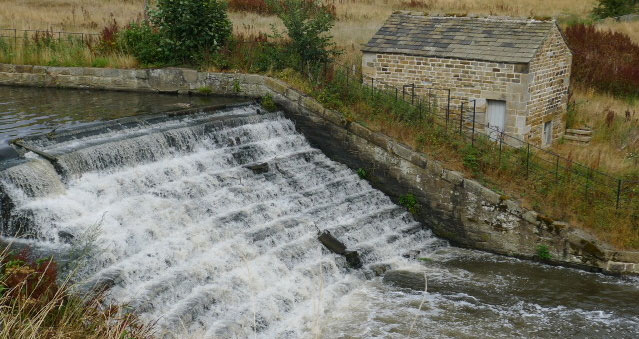The government is already shifting its approach to strategic water planning with the creation, in the last few months, of regional, multi-sector groups charged with the responsibility of creating regional water plans.
However, there’s little point to such plans without some regulatory backing so that water companies can’t ignore them. Water companies are under an existing legal duty to publish 25 year water resources management plans which are reviewed every five years.
Therefore, the Government wants to give regional plans a legal basis to link them to water company plans and to underpin its ambition for more joined up water governance and management.
The NFU supports this general principle of regional and multi-sector planning, because it gives agriculture a seat at the table for the first time.
However we are concerned that it will shift the lead role in managing water from regulator to water company and could potentially erode transparency. We believe that Government must direct water companies to take account of farmers’ needs in these plans so that we have our fair share of water to grow food.
On the other hand, the NFU is strongly opposed to Defra proposals for significant regulatory changes that, if implemented, could have a major impact on abstraction licences used to grow our food.
Some of government’s ideas presented are not new and are partly driven by the long-standing target to reach Water Framework Directive ‘good status’ by 2027.
Defra wants to give the Environment Agency increased powers so that it could vary or revoke abstraction rights without having to offer compensation to licence holders.
These powers could be used where the Agency identifies a risk of future environmental harm arising from abstraction.
The Agency would also be able to remove some ‘under-used’ volumes in abstraction licences without the need to offer compensation.
Changing the regulations to make the process of licence change easier is an attractive option for Government in attempting to meet environmental targets, but in adopting such a blanket approach it risks damaging the importance of balancing economic and environmental impacts - a balance which is vitally important for NFU members.
It’s also very difficult to see how it will be possible to legislate for the complex needs of agriculture in adopting this approach.
Defra’s ideas about ramping up regulations are particularly disappointing because the catchment approach launched by its abstraction plan last year has only just started, with little time for ‘voluntary and innovative ideas’ to make a difference on the ground. Partnership working at catchment level needs to be given a chance.
The NFU’s preferred approach to managing water scarcity is to move towards a ‘basket’ of water allocation for agriculture, whereby farmers have the opportunity to collectively work out appropriate allocations and solutions, for example by suitable trading platforms, on a catchment by catchment basis.
Defra also proposes that Drainage and Wastewater Management Plans should be made statutory by amending the Water Industry Act 1991. We believe this would be beneficial because it will provide much needed strategic planning for NFU members at risk of flooding, but it will require a review of charges.
Finally, Defra proposes amending the Land Drainage Act 1991 to enable a new methodology for the calculation of charges. Current legislation has had the effect of restricting the creation of new Internal Drainage Boards and the expansion of existing ones, and the NFU has lobbied for a number of years for this amendment.
Defra’s consultation is silent on the detail of new methodology, and it is not yet clear how it could impact on charges paid by members.
However, through our ongoing discussions with colleagues at the Association of Drainage Authorities and individual IDB’s who have been involved in early trials of the methodology, we are confident that the principle is sound and will only lead to marginal changes in rates.
Nonetheless, we are determined that the NFU should be involved as a key consultation stakeholder in the future development of the methodology.
More of our work on water and irrigation:
